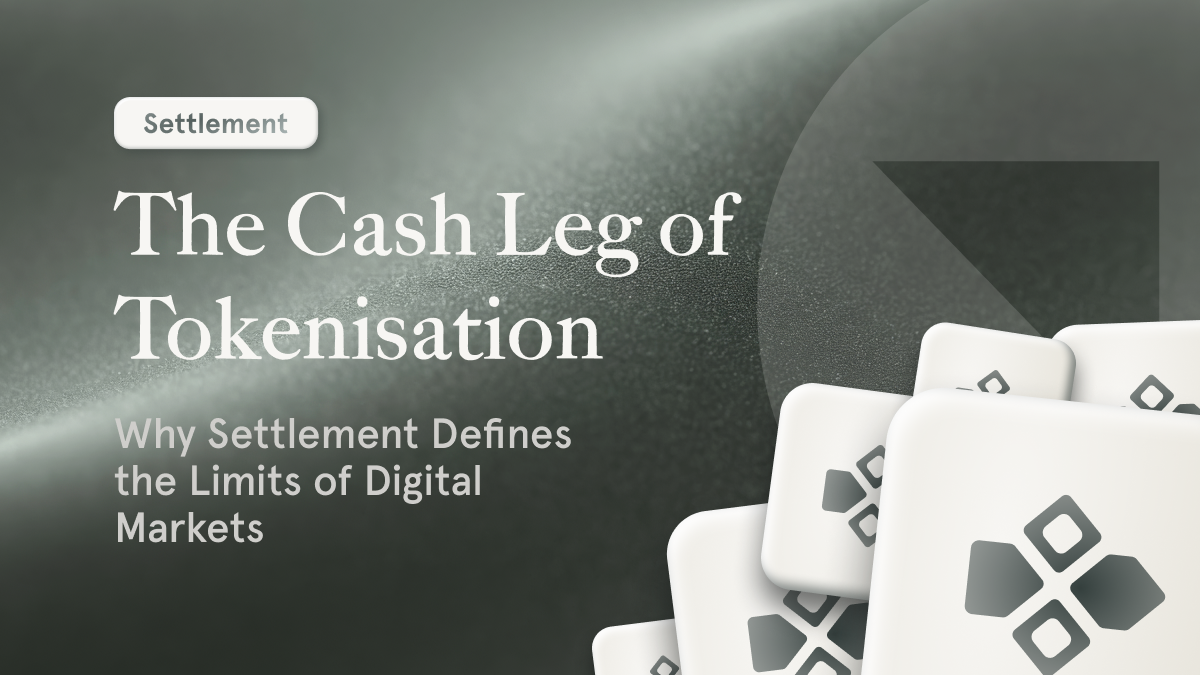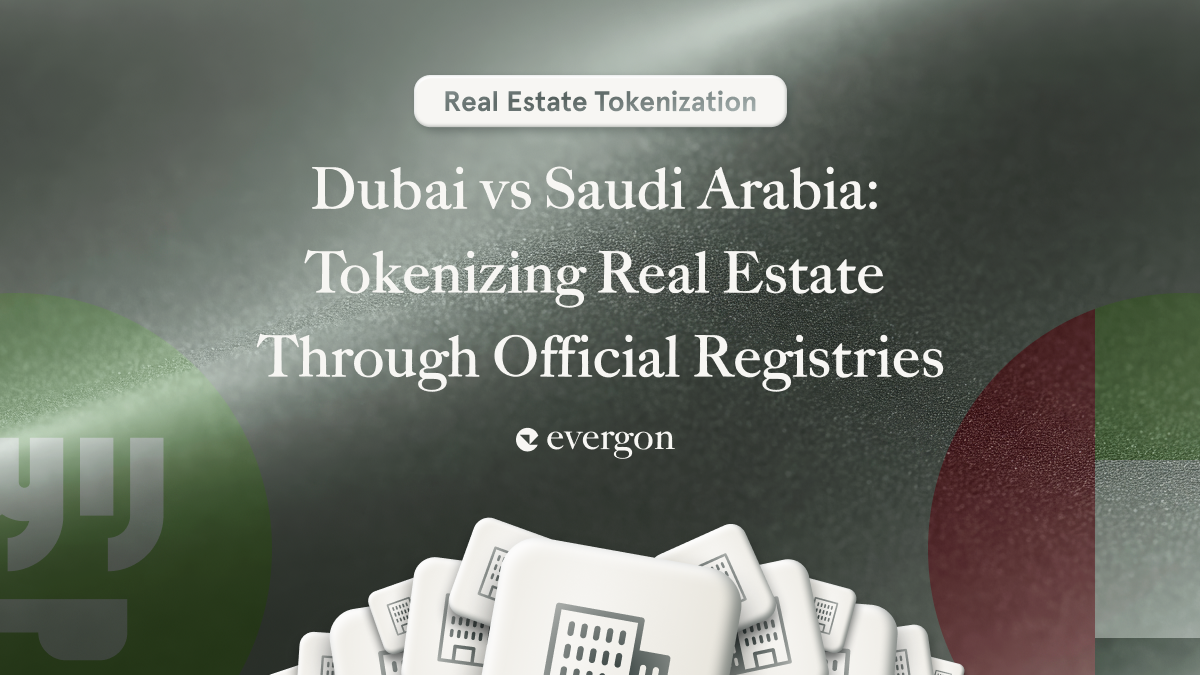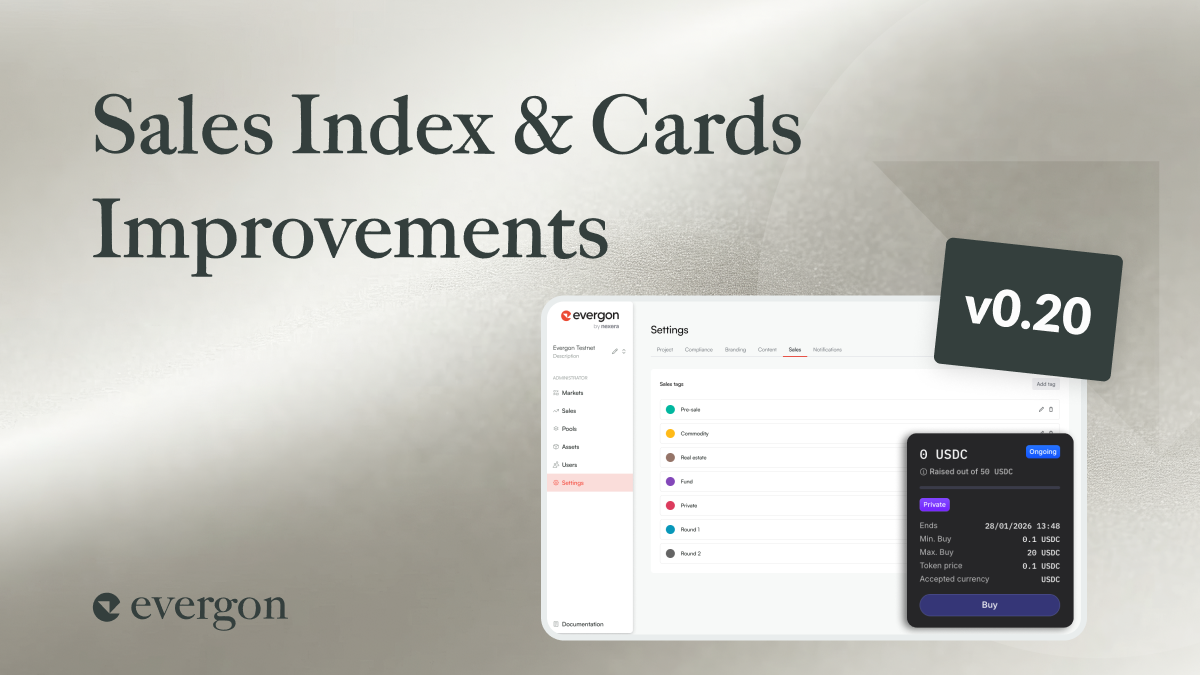What Is Real Estate Tokenization? Understand Everything
What is Real Estate Tokenization?
Real estate tokenization refers to the process of converting real estate assets into digital tokens that represent ownership shares. These tokens are typically created and managed on a blockchain, and represent a share of the real estate asset that can be bought, sold, or traded on various platforms, similar to how stocks are traded on exchanges. The tokenization process can be used to create fractions of real estate assets, thereby increasing the liquidity, transparency, and accessibility of property investments.
Historical Evolution
The concept of real estate tokenization is relatively new, emerging as a result of increased technological capabilities of blockchain platforms in the last decade. Initially, blockchain was primarily associated with cryptocurrencies like Bitcoin. However, Web3 has grown and diversified in recent years, and blockchain's potential applications have broadened. Early experiments in tokenizing assets began around 2017, driven by the ICO (Initial Coin Offering) boom.
Real estate tokenization in particular gained traction as the benefits of blockchain—such as transparency, immutability, and ease of transfer—became more apparent. The first significant real estate tokenization projects involved luxury properties and commercial real estate, presenting the market with the potential use case of democratizing access to high-value assets. Over time, regulatory frameworks have started to catch up, providing more clarity and security for investors and issuers.
How Real Estate Tokenization Works
Understanding the Process of Tokenizing Real Estate Assets
Tokenizing a real estate asset requires various steps:
1. Asset Selection and Valuation
Identifying the property to be tokenized, establishing how the property will be divided into fractions (either by individual residential apartments, or percentages of commercial shopping premises), and determining market value through professional appraisal.
2. Legal Structuring
Establishing a legal framework that ensures compliance with local regulations and secures investor rights. This may involve creating a Special Purpose Vehicle (SPV) to hold the property. SPVs are separate legal entities created by an organization to minimize financial risk.
3. Token Creation
Developing digital tokens on a blockchain platform. Each token represents a fractional share of the property.
4. Smart Contract Development
Implementing smart contracts to manage token issuance, transfers, and ownership rights. These contracts automate processes and enforce terms transparently.
5. Issuance and Distribution
Launching the tokens through a Security Token Offering (STO) or similar mechanism, making them available to investors.
6. Secondary Market Trading
Enabling tokens to be traded on exchanges, providing liquidity and allowing investors to buy or sell their shares with 24/7 trading availability.
Benefits of Real Estate Tokenization
Increased Liquidity and Accessibility
Traditional real estate investments are often illiquid, meaning it can take considerable time to buy or sell a property. Tokenization changes this by creating a digital marketplace where tokens representing property shares can be traded instantly. This liquidity attracts more investors, including those who might have been deterred by the complexities and time-consuming nature of traditional real estate transactions.
Historically, investing in high-value properties required substantial capital, limiting access to wealthy individuals and institutions. Tokenization works to democratize real estate investment, allowing for fractional ownership which enables investors to purchase small shares of a property. This lowers the entry barrier and opens the market to a more diverse group of investors, including those with limited capital.
Fractional Ownership Opportunities
By dividing a property into smaller units represented by tokens, multiple investors can own a portion of virtually any type of private or commercial property. This fractionalization approach to real estate has several advantages:
- Diversification: Investors can spread their capital across multiple properties, reducing risk.
- Accessibility: Investors with limited funds can still participate in high-value markets.
- Flexibility: Owners can sell their shares without needing to sell the entire property, providing financial flexibility.
Fractional ownership also facilitates easier portfolio management. Investors can quickly adjust their holdings by buying or selling tokens, responding to market conditions, or personal financial needs.
Enhanced Transparency and Security
Blockchain technology underpins the transparency and security benefits of real estate tokenization. Each transaction and ownership record is stored on an immutable ledger, accessible to all parties involved. This transparency reduces the risk of fraud and ownership or property boundary disputes, and provides a clear audit trail for regulatory purposes.
Security is facilitated because blockchain’s decentralized nature makes it highly resistant to hacking and tampering. Smart contracts, which automatically execute and enforce agreements, add an additional layer of assurance. They ensure that terms are met and transactions are conducted accurately, preventing unexpected buyer or seller withdrawal, reducing the risk of human error, and increasing investor confidence.
Challenges and Considerations for Real Estate Tokenization
Regulatory and Legal Challenges
The regulatory environment for digital assets is still evolving, and different jurisdictions have varying rules regarding tokenized securities, including tokenized real estate. Compliance with securities laws, anti-money laundering (AML) regulations, and know-your-customer (KYC) requirements is fundamental to avoid costly legal issues.
Navigating this complex regulatory landscape requires careful planning and legal expertise. Issuers must ensure that their token offerings comply with local and international regulations, which in the case of real estate can include complex local property taxation laws and rate requirements written into ownership deeds. Regulatory uncertainty can deter potential investors, highlighting the need for clear and easily adaptable regulatory frameworks built into tokenization platforms and services.
Technological Requirements
Implementing real estate tokenization requires robust technological infrastructure. Blockchain platforms must be secure, scalable, and capable of handling high transaction volumes—especially when catering for enterprise-grade applications. Smart contracts need to be meticulously coded and tested to ensure they function correctly and securely.
Interoperability between different blockchain platforms and traditional financial systems is another challenge. There has been a great deal of effort dedicated to enabling compatibility between different chains that have previously been siloed ecosystems. Seamless integration between these networks is essential for efficient transactions and broader adoption.
Investor Protection and Risk Management
Protecting investors is a requirement that must be clear in its robustness if real estate tokenization is going to be widely adopted. While blockchain offers enhanced security and transparency, challenges remain. Individuals and organizations involved in the sale of real estate should implement key risk management steps that when used in parallel with the underlying blockchain technology used for tokenization, can help mitigate risks.
Investor protection measures include:
- Due Diligence: Thoroughly vetting properties and issuers to ensure legitimacy and value.
- Insurance: Offering insurance products to mitigate risks related to property damage or loss.
- Transparency: Providing clear and comprehensive information about the property, token structure, and associated risks.
Effective risk management strategies also play a key role. These include regular audits of internal processes and technologies, robust security protocols (including employee training within any organizations involved in a tokenization process), and contingency plans for potential technical failures or market disruptions.
Complexities in Taxation
Taxation of tokenized real estate can be complex and varies by jurisdiction. Token holders may face taxes on income generated from the property, capital gains from token sales, and other transaction-related taxes. Understanding and complying with tax obligations should be established as a key step in the sale/transfer process of real estate to avoid legal issues and financial penalties.
Issuers must work with tax professionals to develop clear guidelines and ensure that investors are informed about their tax responsibilities. Transparent communication and detailed reporting can help simplify the tax process and build investor trust.
The Future of Real Estate Tokenization
Emerging Trends and Innovations
The future of real estate tokenization is promising, driven by continued advancements in blockchain technology, and increasing interest from investors and institutions. Some emerging trends and innovations include:
- Integration with DeFi: Decentralized Finance (DeFi) platforms offer new opportunities for lending, borrowing, and trading tokenized real estate assets. This integration can enhance liquidity and create innovative financial products.
- NFTs and Real Estate: Non-fungible tokens (NFTs) are being explored for representing unique real estate properties, enabling new forms of ownership and investment.
- Global Platforms: The development of global tokenization platforms can facilitate cross-border investments, expanding access to international real estate markets.
- AI and Big Data: Artificial Intelligence (AI) and Big Data can provide deeper insights into market trends, property valuations, and investment strategies, enhancing decision-making processes.
Potential Market Growth and Adoption
The market for real estate tokenization is expected to grow significantly in the coming years. Several factors contribute to this potential growth:
Institutional Adoption
As regulatory frameworks become clearer, institutional investors are likely to enter the market, bringing substantial capital and credibility. Institutions, such as hedge funds, pension funds, and insurance companies, have traditionally been cautious about adopting new technologies due to regulatory uncertainties and risks associated with unproven markets. However, as the legal landscape around tokenization matures, these entities will find it easier to navigate compliance requirements, thus increasing their participation.
Institutional investors also bring rigorous due diligence processes, which can enhance the overall quality and credibility of tokenized real estate projects. Their involvement can attract more conservative retail investors who feel reassured by the participation of large, reputable financial institutions. Moreover, institutional capital can help scale tokenization projects more rapidly, fostering innovation and driving market growth.
Retail Investor Interest
The appeal of fractional ownership and increased accessibility can attract a broader base of retail investors. Traditionally, real estate investments required significant capital, making them inaccessible to many small investors. Tokenization lowers these barriers by allowing investors to buy small fractions of properties, thus democratizing access to the real estate market.
Retail investors are often attracted to the real estate market for its potential for stable returns and portfolio diversification. By enabling fractional ownership, tokenization allows retail investors to diversify their investments across multiple properties and geographical locations, reducing risk and increasing potential returns. The ease of buying and selling tokens on digital platforms also provides greater liquidity, making real estate investments more attractive to individuals seeking flexibility.
Technological Advancements
Continuous improvements in blockchain technology, smart contracts, and interoperability will support the scalability and efficiency of tokenization projects. Blockchain platforms are becoming more robust, secure, and capable of handling large transaction volumes. Innovations in smart contracts enable automated, transparent, and tamper-proof management of ownership and transactions, reducing the need for intermediaries and lowering costs.
Interoperability between different blockchain systems and traditional financial infrastructure is also advancing. This integration is crucial for seamless transactions and broader adoption. Enhanced interoperability allows for easier exchange of assets, improved liquidity, and the creation of more sophisticated financial products, such as real estate-backed tokens that can be used as collateral for loans or other financial services.
Regulatory Clarity
Ongoing efforts to establish clear regulatory guidelines will reduce uncertainty and encourage more participants to explore tokenization. Governments and regulatory bodies around the world are recognizing the potential of blockchain and tokenization and are working to create frameworks that protect investors while fostering innovation.
Clear regulations provide a predictable environment in which both issuers and investors can operate with confidence. This includes compliance with securities laws, anti-money laundering (AML) regulations, and know-your-customer (KYC) requirements. As these regulations become more standardized and globally harmonized, it will be easier for tokenized real estate projects to attract international investors and operate across borders.
As these factors converge, real estate tokenization has the potential to transform the industry, making real estate investment more inclusive, efficient, and transparent.
Evergon and Real Estate Tokenization
Tokenization represents a significant innovation in the real estate industry. The concept of tokenized real estate features highly on the publicized use cases of real-world asset tokenization, thanks in part to the accessibility of a highly in-demand market that it opens up. By enabling fractional ownership and creating a more efficient investment process, tokenization democratizes access to high-value real estate assets.
Evergon’s Core Tokenization System is ideally suited for enabling wider market adoption of real estate tokenization. Because our platform supports fractional ownership while ensuring compliance with regulatory standards, issuers have complete flexibility to tailor their real estate tokenization initiatives to investor requirements and localized market conditions.
And because Evergon’s infrastructure facilitates seamless trading on secondary markets, this provides a natural driver to liquidity and increases market accessibility for institutional investors and individual market participants.
As regulatory clarity for tokenized assets continues to improve and technological advancements like Evergon’s Core Tokenization System scale, the adoption of real estate tokenization is poised to grow, offering new opportunities for investors and reshaping the real estate landscape.
Tokenize Your Assets Now
Start free today or book a demo to see how Evergon transforms your financial operations.





